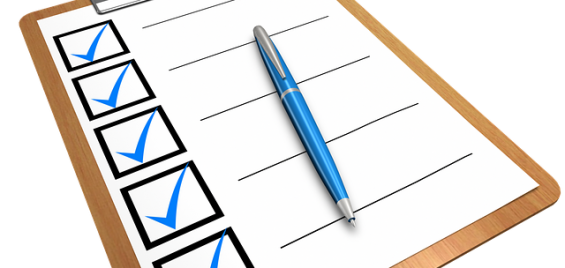The internet, much like the real world, is a big place filled with interesting things. There’s much to see, much to learn, and much to do. It can connect you with people on the other side of the globe or help you launch a business.
And like the real world, you must learn to keep yourself safe, because cyber crime is real and affects more people than you might think.
A global study conducted in 2013 by the United Nations Office on Drugs and Crime, for example, found that digital theft affects between 1 and 17 percent of the internet population (which currently stands at 3.88 billion people, according to some estimates).
Digital theft includes everything from ransomware (which we’ve discussed extensively on this blog) to auto scams (in which people pay scammers for cars that don’t actually exist). Millions of dollars are lost each year to these crimes, and they show no sign of slowing down as more and more users access the internet.
Cyber crime can be more sinister, as well. There are countless cases of cyberstalking, which in their most serious forms have lead to injury and even death.
With all of these threats to look out for, would you consider yourself to be in compliance with the internet safety checklist?
For the sake of organization, we’ve divided this list into two segments. The first is aimed at businesses (which are particularly susceptible to digital theft), and the second toward residential users and children.
BUSINESS CHECKLIST:
– Is my business internet network (particularly any Wi-Fi hotspot) secure?
– Is every employee using a secure password that wouldn’t be easily guessed by a computer?
– Are my employees using different passwords for each service they use?
– Are my employees safely browsing the web and not visiting questionable services?
– Are my business’s computers protected with anti-malware?
– Is the software my business uses up to date?
– Are we using data backup software to protect our files?
– Are we protecting valuable customer data from potential attackers?
– Are my employees receiving frequent training in safe online practices?
– Does my business have a formal, written internet usage/security policy?
PERSONAL CHECKLIST:
– Is my home Wi-Fi network password protected?
– Are my passwords smart and not easily guessed by a computer?
– Am I using different passwords for each service I use along with a secure password manager to remember them all?
– Am I visiting any questionable website that might install malware on my computer?
– Is my computer protected with anti-malware?
– Am I scanning my computer regularly for threats?
– Is my operating system and other software up to date?
– Do I have a way of backing up my files in case of ransomware or computer hardware failure?
– Am I giving out personal information to a questionable website/person (SSN, credit card, etc.) that may cause identity theft or financial loss?
– Am I monitoring my child’s internet usage (also applies to text messaging and emails)?
– Am I avoiding opening emails from unknown sources?
– Am I avoiding file sharing with unknown sources?
– Am I using common sense?
Our support group has heard countless tales from customers who have fallen victim to cyber crime. A bit of common sense goes a long way.
Meganet offers secure email solutions for business like Office 365 (along with effective spam scanning solutions for your existing email services), in addition to highly-secure backup solutions. We’d be delighted to spend some time discussing how we can make your operation more secure. Reach out at 508-646-0030 or by email at sales@meganet.net.

